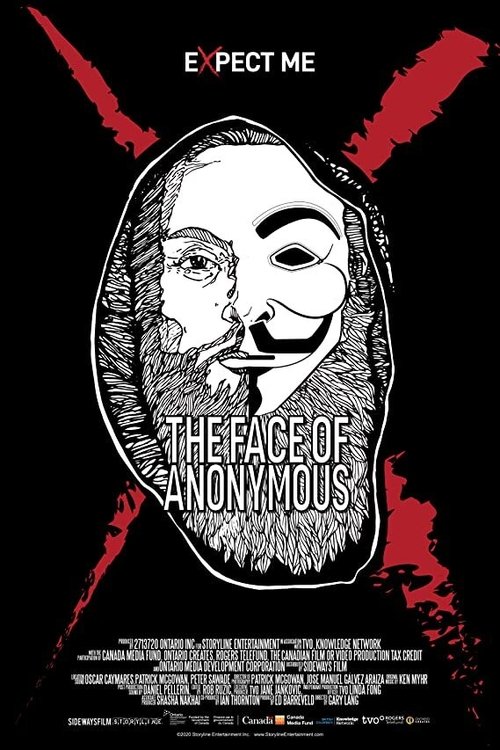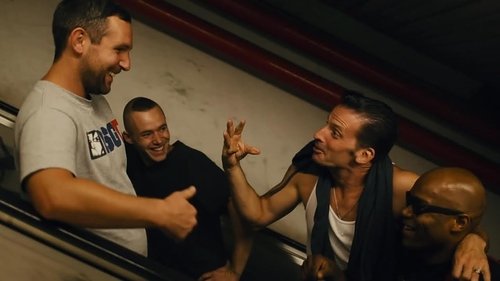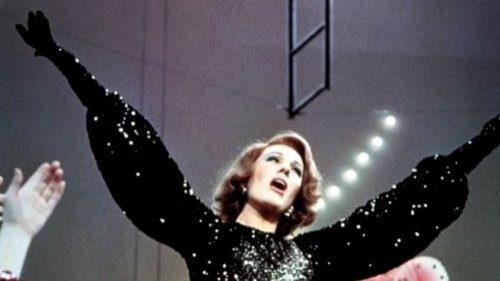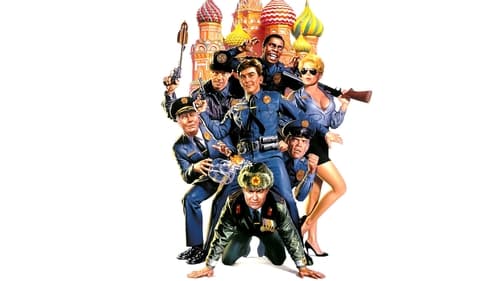Informações
Sinopse:
Duração: 01h27m
Data de lançamento: 29 de abril de 2021
Genêros: Documentário.
(4 votos)
?
?

Sinopse:
Duração: 01h27m
Data de lançamento: 29 de abril de 2021
Genêros: Documentário.

O ano é 1984. O alto comando soviético acredita na possibilidade de deserção quando o capitão Markus Ramius, o comandante do Outubro Vermelho, o mais moderno submarino russo, desobedece ordens superiores e navega em direção à América. Outros submarinos soviéticos recebem ordem de afundar o Outubro Vermelho e os americanos decidem fazer o mesmo, temendo que seu território esteja ameaçado. Até que Jack Ryan, um agente da CIA que admira Markus Ramius, tenta impedir este ataque ao submarino.

Star is a young graffiti writer, the best in his city, Paris. His reputation attracts him as much into art galleries than in the police precincts. Accused of vandalism, he faces jail. Despite the threat, he decides to go to Rome with his crew in search of the meaning of his art.

Drama musical baseado na vida (dentro e fora dos palcos) da atriz britânica Gertrude Lawrence.

A doce Borboleta deve encontrar forças para derrotar a mlavada Fada Henna e salvar a Borboleta-rainha.

In the mountains of the Basque Country, a mother and her daughter take shelter in a ruined hut that seems uninhabited.

A dupla dinâmica enfrenta os supervilões Mr. Freeze e sedutora ecoterrorista Hera Venenosa. Mas, para poder livrar Gotham City das garras dos vilões, Batman e Robin contam com uma nova companheira, a Batgirl.

Um menino que vive na cidade industrial de Kawasaki enfrenta sua solidão através de seus sonhos e fantasias na Ilha dos Monstros e sua amizade com Minilla, o filho de Godzilla. Tudo isso enquanto lidamos com valentões e um par de ladrões.

O Comandante Lassard tem um novo plano para acabar com a criminalidade nas ruas, permitir que voluntários participem de um treinamento especial na Academia, onde aprenderão técnicas de salvamento e combate ao crime. Com Steve Guttenberg e Sharon Stone.